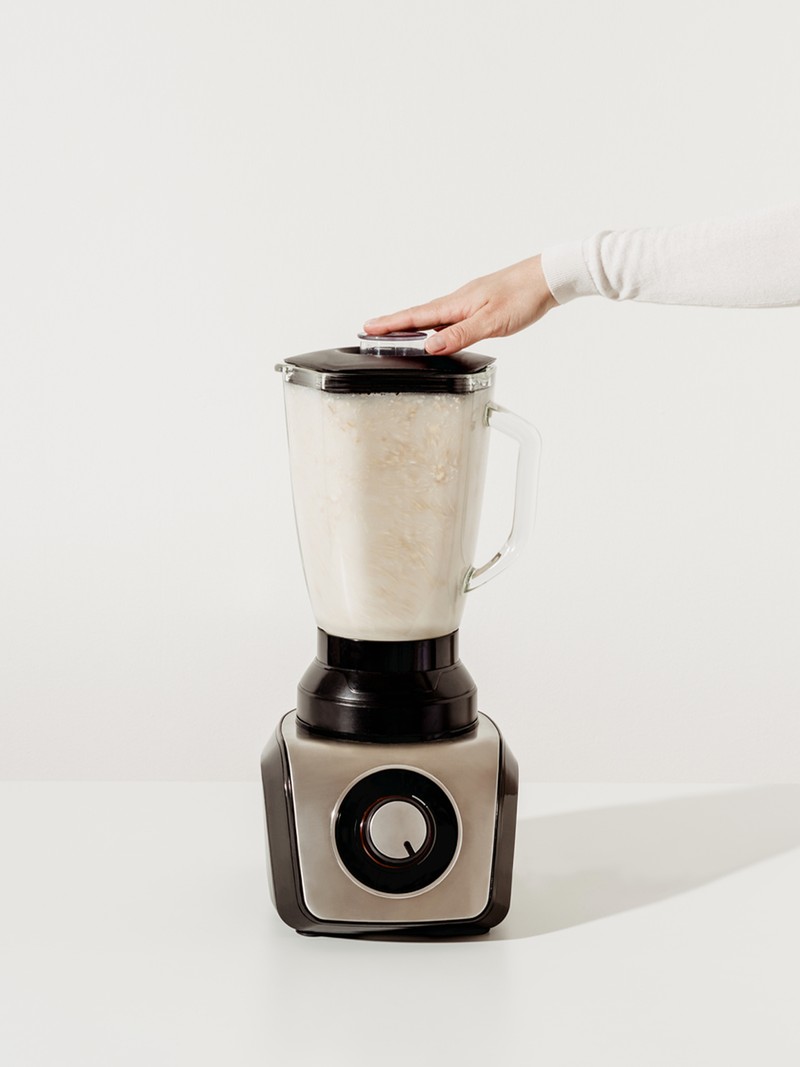What You Need To Know About Protein Powders
Tell us why protein is so important…
“Protein serves as a fundamental pillar in the realm of healthy ageing, offering far-reaching benefits that extend beyond mere physical strength. It plays a crucial role in various bodily functions, including building and repairing tissues, supporting immune function and aiding in the production of enzymes and hormones. As we age, our body's ability to maintain muscle mass and bone density naturally declines, making the consumption of adequate protein even more critical to support overall health and wellbeing. Ensuring we are eating enough is paramount and I believe everyone should consume 2.2g of protein per kilo of bodyweight per day as a minimum. Most women consume significantly less protein than their body requires, meaning they miss out on all the longevity benefits that it brings. Protein not only fuels our physical vitality; it nurtures our mental acuity, enhancing cognitive function and overall wellbeing. It also helps keep us satiated for longer and boosts our metabolism, aiding in weight management.”
How can protein powder help support muscle function and growth?
“Protein isn’t always the easiest food group to get in because it’s the most ‘boring’ and expensive. Protein powder provides a convenient way to increase your intake, especially for those with higher protein requirements. Most are easily digestible and come in many different flavours and variations, so you can get the one best suited to you and your nutritional requirements. Good protein powders often offer complete proteins, delivering a full amino-acid profile that the body cannot produce on its own. These essential amino acids, such as BCAAs leucine, valine and isoleucine, are fundamental for muscle synthesis, repair and growth, and can help support muscle function when used in conjunction with regular exercise. Consuming protein powder after your workout can help repair damaged muscle fibres, reducing soreness from DOMS. Also, most protein powders are not too calorie dense, so for weight management, they are good. They also help to maintain lean muscle mass in periods of caloric deficit or weight loss; this can help preserve lean muscle mass by providing the necessary building blocks.”
Is using protein powders the same as eating wholefood sources?
“While protein powders can provide a quick and easy source of protein, they should not be seen as a complete replacement for eating whole protein sources. Wholefoods offer a more comprehensive array of nutrients essential for health that may be lacking in some protein powders. Wholefoods are better because they have a higher bioavailability, meaning your body digests not only the protein but all the micronutrients that come with them. Eating wholefoods will keep you more satiated because of their higher fibre content, and the action of chewing and digesting the food sends signals to your brain to keep you full. They also contain fewer additives and ingredients. In comparison, protein powders have a higher digestibility and absorption as they are designed for this. They are also super convenient and a simple way to add more protein to your diet, as they can be easily incorporated into shakes, drinks and food.”
Are all protein powders created equal?
“No. It's important to choose a high-quality protein powder that is minimally processed, free from additives and artificial ingredients, and sourced from reputable sources. They vary in terms of their source (whey, casein, soy, pea, hemp, rice), nutritional content and uses. Some are designed for post-workout, some are meal replacements, and some are diet specific.”
What should you look out for in a good protein powder?
“Look for options made from natural ingredients with a complete amino-acid profile, third-party tested for quality and purity, and free from added sugars and fillers. On a personal level, you also want to look out for flavours and textures.”
What should you avoid?
“Avoid protein powders that contain artificial sweeteners like aspartame and sucralose as they can play hell with digestion. Avoid excessive amounts of sugar (high fructose corn syrup and cane sugar can contribute to weight gain and spike your blood sugar), hydrogenated oils, fillers, and thickeners like cellulose gum, xantham gum as these can cause digestive issues, and unnecessary additives. These can detract from the protein powder's health benefits and may negatively affect your overall wellbeing. And, of course, if it has a low protein content or tastes bad, avoid it.”
Can you use protein powder every day?
“You can as long as it fits in with your macro needs. Using protein powder daily can be safe for most individuals as long as it is part of a balanced diet, used in moderation, and you still include a variety of other wholefood protein sources. I would especially try to ensure that if having it daily, you go for a high-quality one.”
Is there anyone who should avoid protein powder?
“Those with kidney issues or certain medical conditions should consult their healthcare provider before using protein powder. Additionally, individuals with allergies or intolerances to specific protein sources should carefully check the ingredients in protein powders to avoid any adverse reactions. If you are pregnant and breastfeeding, you can still take protein powder, though it’s important to also focus on wholefood proteins.”
Can you use protein powder if you’re vegan?
“Yes, there are many plant-based protein powder options available that are suitable for vegans and vegetarians. To meet your dietary preferences, look for protein powders made from sources like peas, rice, hemp or quinoa.”
Can children use protein powder?
“Children can use protein powder safely, but it's important to choose products specifically formulated for kids to ensure they meet the unique nutritional needs of growing bodies. Kids typically get enough protein from a balanced diet with meat, dairy, eggs, beans, and nuts. However, requirements vary based on age, activity level and overall health. Protein is very important for growth, but wholefoods are more desirable as they will get more nutrients, vitamins, minerals and fibre. Always consult with a paediatrician or nutritionist before introducing protein powder to a child's diet.”
What’s the healthiest way to take it?
“Mixing protein powder with water, nut milk or a smoothie for a quick and easy post-workout snack is the best way to consume it. You can also incorporate it into recipes like protein balls, pancakes or baked goods for added nutrition. Experiment with different flavours and formulations to find what works best for you and fits your taste preferences.”
Try Rachael’s favourite summer protein powder smoothie…
Blend all ingredients together for 20 seconds and drink.
Follow @It'sSoSimple_RS on Instagram.
SHOP OUR TOP PROTEIN POWDER PICKS
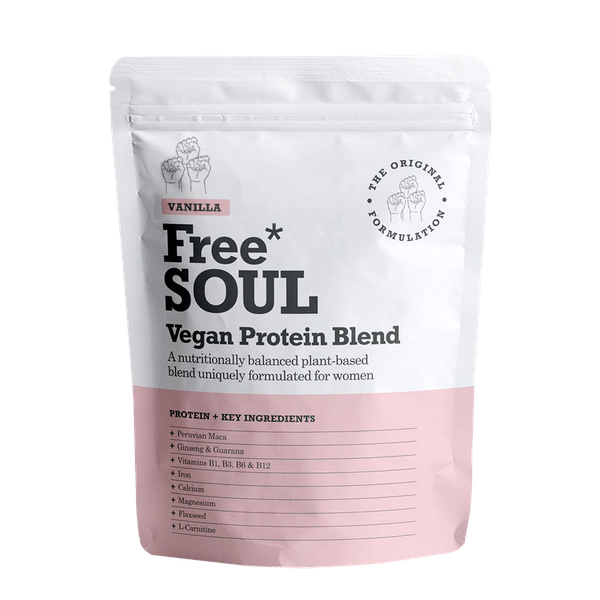
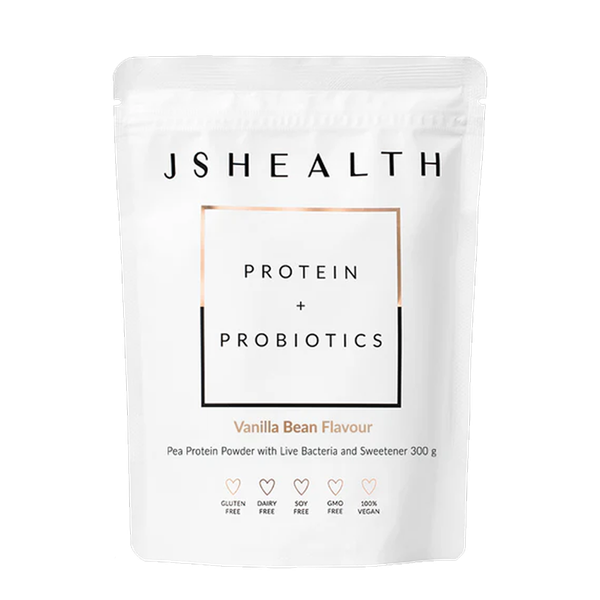
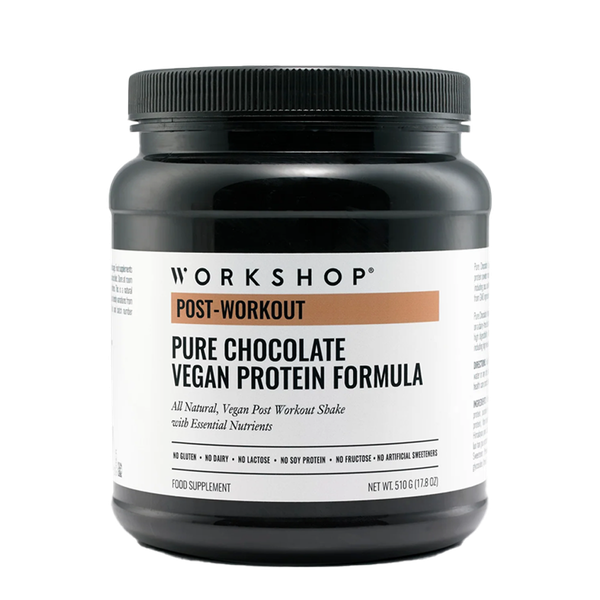
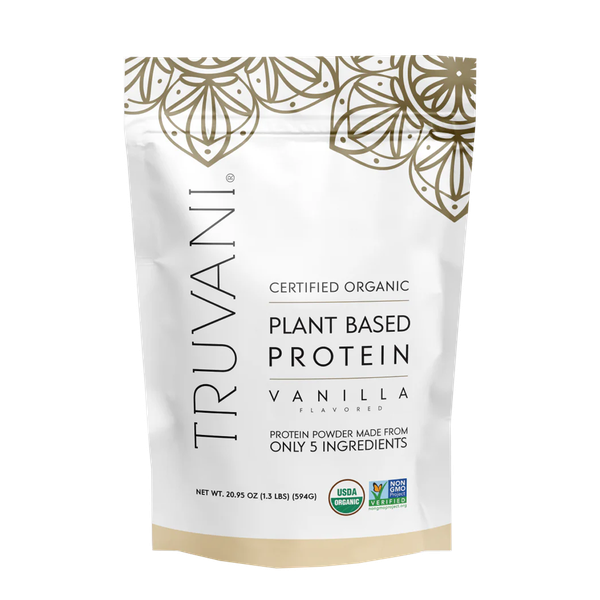
DISCLAIMER: We endeavour to always credit the correct original source of every image we use. If you think a credit may be incorrect, please contact us at info@sheerluxe.com.
